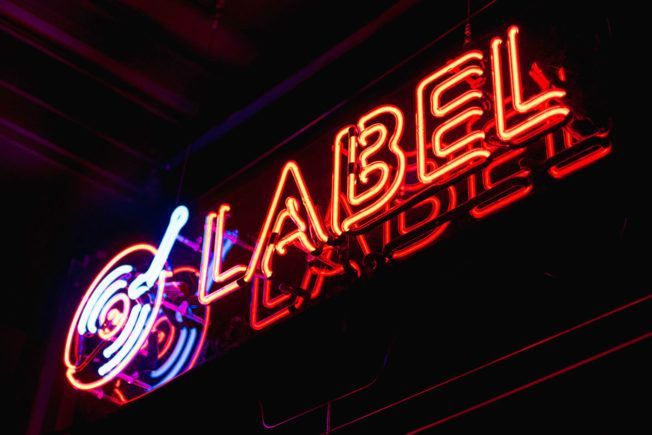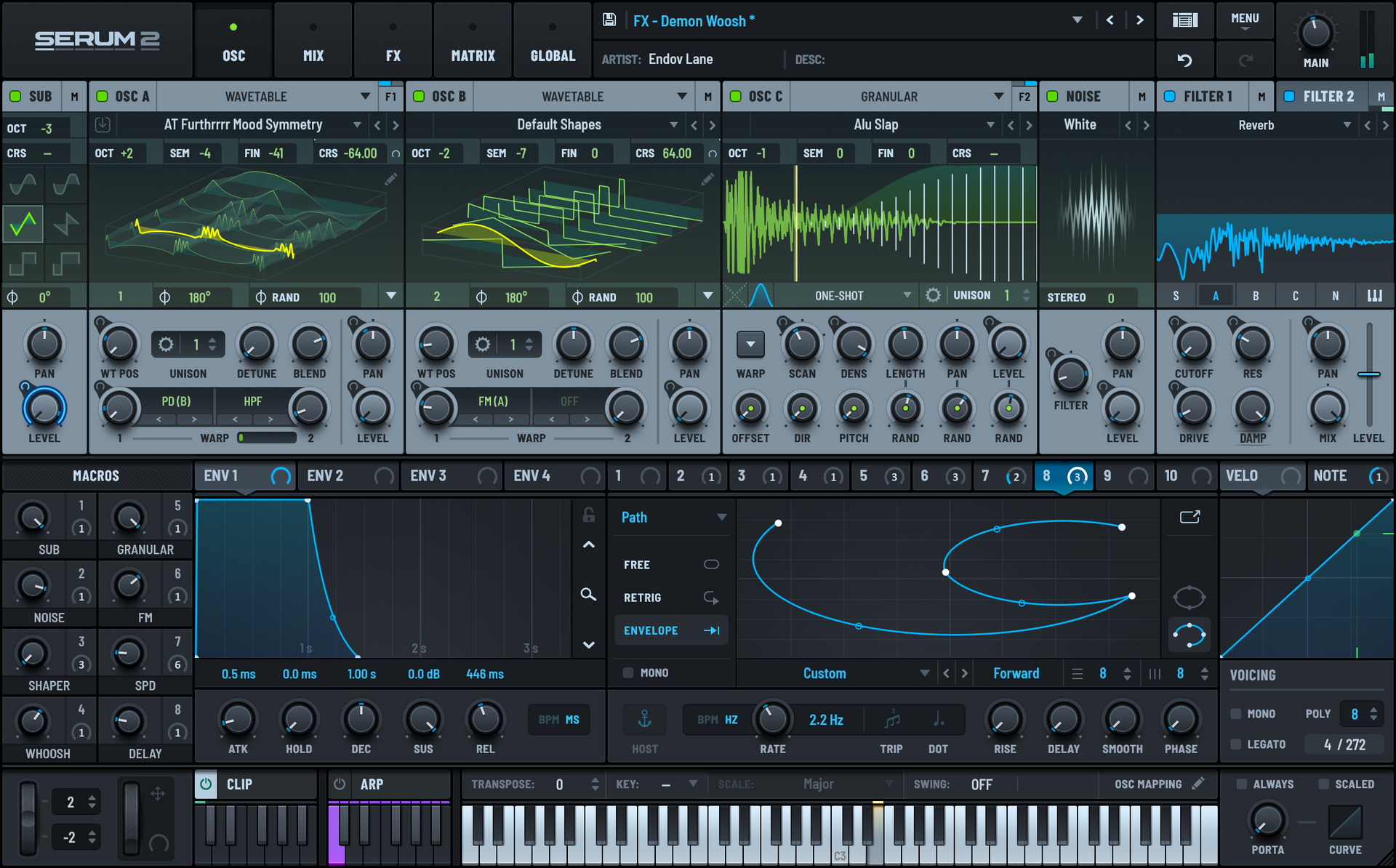Being an Independent Artist vs. Signing to a Record Label
Should you go independent or sign with a record label? Learn the advantages and disadvantages of releasing music as an independent artist vs. signing with a record label.

Independent Artists vs. Signed Artists
In the modern music industry, it’s getting easier to release your music and build a music career without the backing of a record label. There are more independent artists than ever before breaking into the mainstream without the support of a label.
Digital music distribution, streaming platforms, social media, online marketing tools, and technology advancements are changing the way artists release music and reach fans.
Chance the Rapper is an excellent example of an independent artist who seen major success without signing with a record label. His 2016 mixtape, Coloring Book earned him three Grammy Awards, including the award for Best Rap Album. It became the first streaming-only album to win a Grammy Award. It also peaked at number eight on the Billboard 200.
At some point in your music career, you may ask if you should release music as an independent artist or sign a deal with a record label. This guide lists the pros and cons of releasing music as an independent artist vs. signing with a record label.
Releasing Music as an Independent Artist
Here are the pros and cons of releasing music as an independent artist:
The Pros of Self-Releasing Music
1. 100% creative control: Independent artists have complete control over the direction of their music. They also have full control over distribution , marketing, artwork , messaging, deadlines, and more. Moreover, an independent artist has free will to make decisions about their creative vision. It’s the ideal scenario for many artists.
2. Keep 100% of the profits: Independent artists keep 100% of the profits generated from music sales, streams, licensing deals , merchandise, and other revenue sources.
3. 100% ownership of your music: Independent artists own the master rights to their music. They also have the freedom to negotiate music licensing and publishing deals. Moreover, they don’t have to worry about confusing contracts, expensive lawyers, and signing over their music rights.
4. Online music services offered to independent musicians: The digital era brings a variety of music services and tools for independent artists. Musicians have access to music distribution, marketing, streaming, merchandise creation, and other services. The internet also makes it easy for musicians to reach new audiences. They can now deliver their music to digital music stores, music platforms, and streaming services without a record deal.
The Cons of Self-Releasing Music
1. Limited resources and budget: Funding mastering, distribution, marketing, merchandise, touring, and other expenses are expensive. Many independent artists don’t have the resources and money a record label can provide.
2. Limited network: Independent artists starting their music career have a limited network of fans and industry contacts. Whereas record labels will have a larger fanbase and connections with music industry professionals such as promoters, booking agents, media, etc.
3. Limited music business experience: Learning the ropes of the music business is challenging. It takes time and experience to learn all aspects of the music business. There are a lot of parts to manage, changing trends, music laws, and much more. It’s a complex world! It can also be an expensive lesson to figure out what works and what doesn’t.
4. Limited time: Pursuing the independent artist route is time-consuming. Self-releasing your music can seem like a full-time job. It requires a lot of time to set up distribution, create all the release assets, develop a marketing strategy, track sales, book shows, and everything else associated with releasing music. All this extra work also takes away valuable studio time.
Releasing Music with a Record Label
Here are the pros and cons of releasing your music with a record label:
The Pros of Signing with a Record Label
1. Available resources and budget: Established record labels have the resources and funding to provide support for mastering, distribution, album artwork creation, marketing, merchandise, touring, music videos, and other expenses. However, the budget and resources available depend on the label.
2. Existing network and connections: One significant benefit of signing with a label is their existing network. It can present major opportunities for you and your music. Without a label, your network and reach to larger audiences can be limited. Established labels will have a larger fanbase. They may also have relationships with booking agents, music venues, publishing companies, PR companies, and other music industry professionals.
3. Reputation and influence: Many record labels, especially major labels have well-established influence and connections in the music industry. They are better positioned to secure licensing and publishing deals, shows at larger venues and festivals, media coverage, radio plays, and other opportunities.
4. Implemented marketing strategy: Signing with a record label with a robust marketing strategy will increase your music sales, help you reach new fans, and boost your music career. Also, a label may have a large email list, regularly send newsletters, have a strong social media presence , music media support, and more. In addition, a label will have music industry experience.
The Cons of Signing with a Record Label
1. Limited creative control: Signing with a record label gives them control over your music. The label can make deals and decisions with your music without your approval. They also have full control over distribution, marketing, artwork, messaging, and more. However, the control over your music and brand depends on the terms set in the contract.
2. Fewer profits: Records labels take a percentage of the profits generated from music sales, streams, licensing deals, and other revenue sources. Also, some labels use the royalties generated from music sales to pay for mastering, promotional mailers, and other expenses associated with the release.
3. Transfer of copyright ownership: The record label owns the master rights to your music when you sign a deal. They have the freedom to negotiate music licensing and publishing deals without your approval. As a result, they can keep more profits generated from these deals.
4. Bad contract deals: Many independent record labels have artist-friendly contracts. However, major record labels are known to have contract deals that give the artist a lesser percentage of royalties. Also, signing with a label means you have to deal with these complicated contracts and expensive layers if needed.
Conclusion
Should you go independent or sign with a record label? Each has its advantages and disadvantages.
Artists who want to retain the master rights, keep 100% of the profits, have complete creative control, and are music business savvy may consider going independent.
Artists who want more freedom to work on music, don’t mind fewer profits, and want more exposure may consider signing with a record label.
Remember that the only one responsible for your success is you. There is heaps of information out there to help you succeed. Take time to learn what works best for your music and brand. Good luck!



